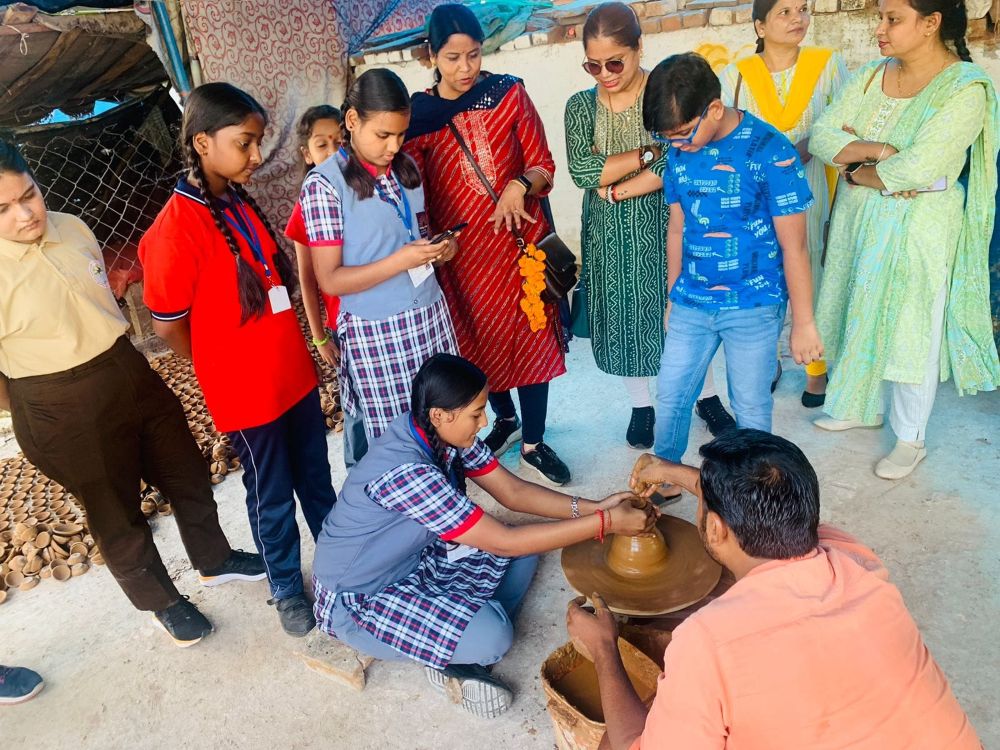






Water is essential to life, yet 844 million people in the world lack access to it. According to a report by the World Economic Forum, the water crisis is one of the most pressing global risks in terms of impact on society. Around the world, many people have to walk long distances to find a water source. Others have to wait in long lines and pay large percentages of their income to secure any water at all. A person without access to improved drinking water – for example from a protected borehole well or municipal piped supply for instance – is forced to rely on sources such as surface water, unprotected and possibly contaminated wells, or vendors selling water of unverifiable provenance and quality.
The water crisis also disproportionately affects women and children. Women carry the burden of collecting water and caring for sick children. Girls often fail to finish their education because of a lack of toilets in schools. The impact of infectious diseases will be exacerbated.On the other hand, access to clean safe water can turn problems into potential: unlocking education, economic prosperity, and improved health.
The benefits of having access to an improved drinking water source can only be fully realized when there is also access to improved sanitation and adherence to good hygiene practices. Beyond the immediate, obvious advantages of people being hydrated and healthier, access to water.
Projects under the theme:
1. To Ensure 100% of Households have access to a tap connection with assured supply of water connection in its designated Project Area in Saharanpur, Shamli, and Muzaffarnagar District (AMRUT)
2. Jal Nidhi Project, Agra
3. SwajalDhara Project, Agra & Mathura
4. Participating in the Rajasthan Integrated Fluoride Mitigation Program